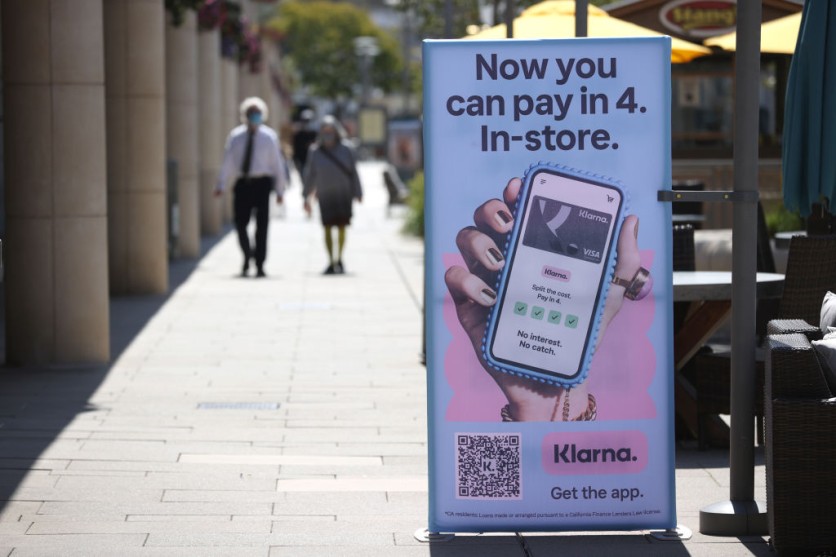The Consumer Financial Protection Bureau (CFPB) has raised concerns about the safety of storing funds in digital payment apps such as Venmo, PayPal, and Cash App.
In an issue spotlight report, the CFPB highlights the potential risks associated with these apps, as funds stored in them may not have the same level of protection as traditional bank accounts.
CFPB Director Rohit Chopra emphasized that while these payment apps are increasingly used as alternatives to traditional banking, they lack the necessary safeguards to ensure the safety of funds.
"As tech companies expand into banking and payments, the CFPB is sharpening its focus on those that sidestep the safeguards that local banks and credit unions have long adhered to," Chopra said in a press release statement.

The Rise of Nonbank Payment Apps
The use of nonbank payment apps has witnessed significant growth in recent years, with more than three-quarters of adults in the United States using a payment app.
Younger customers, in particular, heavily rely on these services, with approximately 85 percent of consumers aged 18 to 29 using a payment app.
One of the main concerns highlighted by the CFPB is that when users receive payments through these apps, the funds are not automatically transferred to their linked bank or credit union accounts.
Instead, the companies hold and invest the funds, activities not subject to the same level of oversight as insured banks or credit unions.
These apps also generate revenue through fees on merchants and other services, such as selling cryptocurrencies and offering financial products. Furthermore, funds stored in payment app accounts often lack deposit insurance, according to the agency.
It explains that the companies do not necessarily store customer funds in insured accounts through arrangements with banks or credit unions. In the event of a company's failure, customers could risk losing their funds, as the investments made by these companies carry inherent risks.
Lack of Specific Information
The issue spotlight report also claimed that there is a lack of specific information in user agreements for digital payment apps.
According to the agency, these agreements often lack important details such as where funds are held or invested, whether and under what conditions they may be insured, and the implications of a company or fund holder's failure.
Although some states are implementing policies to ensure that digital payment apps meet their obligations, CFPB said these regulations generally do not require customer funds to be stored in or automatically transferred to insured accounts.
The CFPB plans to collaborate with state and federal regulators to oversee this particular aspect of the payments industry and implement necessary actions.
To address the potential risks, the CFPB has issued a consumer advisory, guiding customers who store funds in payment apps. Until these apps are designed to transfer balances to insured accounts automatically, consumers may need to take proactive steps to move their stored balances to safer locations.





![Most Useful Google Chrome Keyboard Shortcuts You Need to Know to Improve Your Browsing Experience [2024]](https://d.techtimes.com/en/full/449047/most-useful-google-chrome-keyboard-shortcuts-you-need-know-improve-your-browsing-experience-2024.jpg?w=184&h=103&f=476d29fd60df70a67f6679f99a2ca6d0)